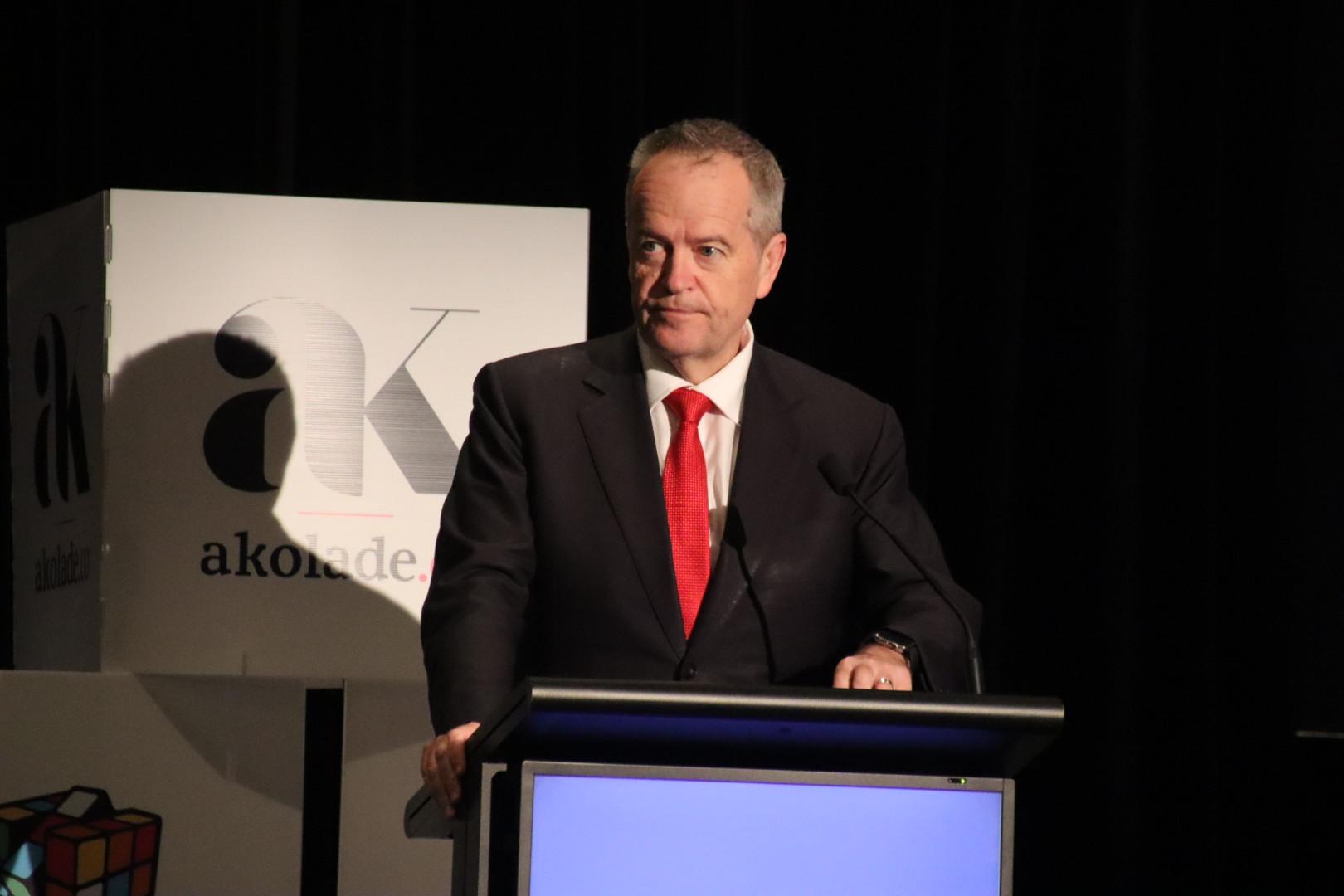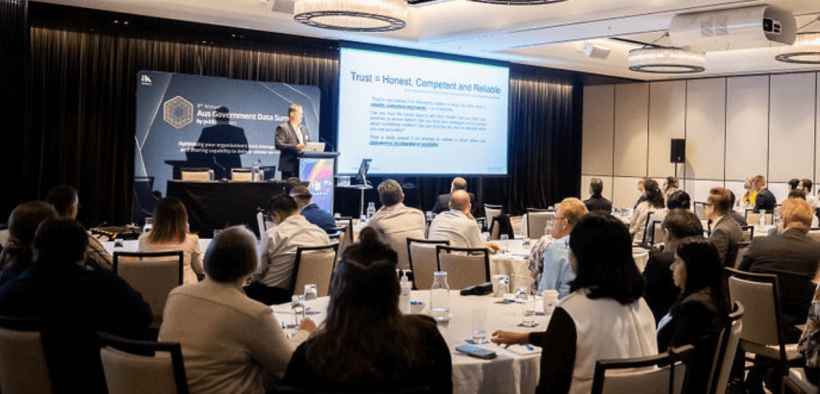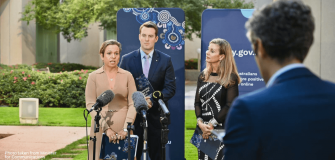As digital technologies continue to shape and transform everyday life, government has been going further in leveraging data to improve their efficiency, effectiveness and accountability.
The Australian Government is no exception to this, as data-driven decision-making has helped agencies in better understanding the needs of their citizens and deliver more responsive, citizen-centric services in an increasingly interconnected and fast-paced world.
At Akolade’s 9th Annual Aus Government Data Summit in March 2023, people from government organisations came together for the two-day event and discussed how they can navigate the challenges and opportunities of using data to drive innovation and improve public services while further enhancing data protection and privacy.
The summit was attended by 379 delegates and featured over 60 speakers who provided interactive panel discussions and case studies.
In his speech, Minister for Government Services The Hon Bill Shorten MP emphasised the importance of drawing data across multiple sectors to not only achieve better outcomes but also to do digital reform and digital politics differently.
“When we try to tackle issues in the future in a particular area, we need, rather than a left-right analysis, to draw on citizens, academics, ethicists, human rights advocates, government and business in order to reap the potential but also protect us as we develop into new areas of data development,” he said.
“This is my hypothesis: that doing more of the same in digital transformation and digital reform will give us what we’ve experienced in the past. Slow, piece-meal, clunky, stop-start, two-steps-forward-one-step-back.”

Delegates from the summit learned that, to keep up with the rapid digital changes and the onslaught of new technologies, they would have to continuously adapt and evolve their data strategies.
Chief Data Officer & General Manager, Department of Industry, Science and Resources Kayelle Drinkwater, who presented her talk on how the delegates can develop a strong data strategy, said that having an effective data strategy can help organisations use the best evidence to inform their work and deliver the best outcomes for the Australian economy.
“You can really get some quick wins on the board by taking this strategic journey,” she said.
“Make sure you know where you are going with your data strategy, make sure you’ve got data literacy, make sure you’ve got data analytics, govern your data well and then you can take the next step.”
Drinkwater also advised delegates that the process of creating a bullet proof data strategy is a multi-year journey and is not something that can happen immediately.
The delegates not only discussed the need to adapt and evolve their data strategies, but also learned about the specific areas they should focus on to keep up with the rapidly changing digital landscape.
Director of Strategy & Architecture, Digital Health SA, Alastair McDonald detailed how using consumer data can greatly improve an organisation’s services and platforms.
“The key idea here is to provide consumer-centric healthcare by providing the relevant information to the clinicians and the patients wherever they are present in the healthcare system,” he said.
McDonald states that his organisation had to analyse the data with other organisations to deliver good digital health outcomes for the public.
“It has to be done in teamwork,” he said. “There are a bunch of collaborators across the system that allowed us to achieve these better outcomes and patient-centred journeys rather than just looking at the data in a specific silo of care that is being delivered.”
Technology was also discussed at the summit, with speakers sharing insights on how data science and AI can be leveraged by government organisations while keeping data privacy in mind.
Director – Emerging Architecture, Digital Transformation Agency, Samrat Sen talked about how the DTA wrote a document on what public sector organisations can do to adopt AI responsibly.
Sen states that writing the DTA document covering AI, data and ethics at a high level to make it a “one-stop shop” on what senior leaders should keep in mind when setting up their own governance arrangement for an AI project.
“Don’t be married to any particular governance arrangement. Make sure it’s fit for purpose,” he advised.
“The solution for you might be that you have to write up something new because what you have is not fit for purpose. Its not going to work with AI at all.”

As AI technologies continue to influence the rapid growth of data collection and analysis, the ethical implications of how data is used was also a key topic at the summit.
Chief Executive Officer and Information Commissioner, NSW Information & Privacy Commission NSW & Open Data Advocate, Elizabeth Tydd sets three fundamental questions that need to be addressed to preserve information and secure access.
“Who holds the information? Government, or an external provider? How is access provided and in what form can access be provided,” she said.
“I think if we start asking those questions, we’ll actually be able to address a lot of ethical as well as legal issues.”
As the public sector continues to navigate new challenges and opportunities in the digital age, the critical role of data in driving innovation and improving public services has become increasingly apparent to government data experts.
The summit highlighted the importance of collaboration and responsible use of technology in leveraging data that will enable government agencies to deliver better services and outcomes to citizens.
Unlock the power of data and be at the forefront of driving change by joining us at the Aus Government Data Summit 2024
Eliza is a content producer and editor at Public Spectrum. She is an experienced writer on topics related to the government and to the public, as well as stories that uplift and improve the community.
























































